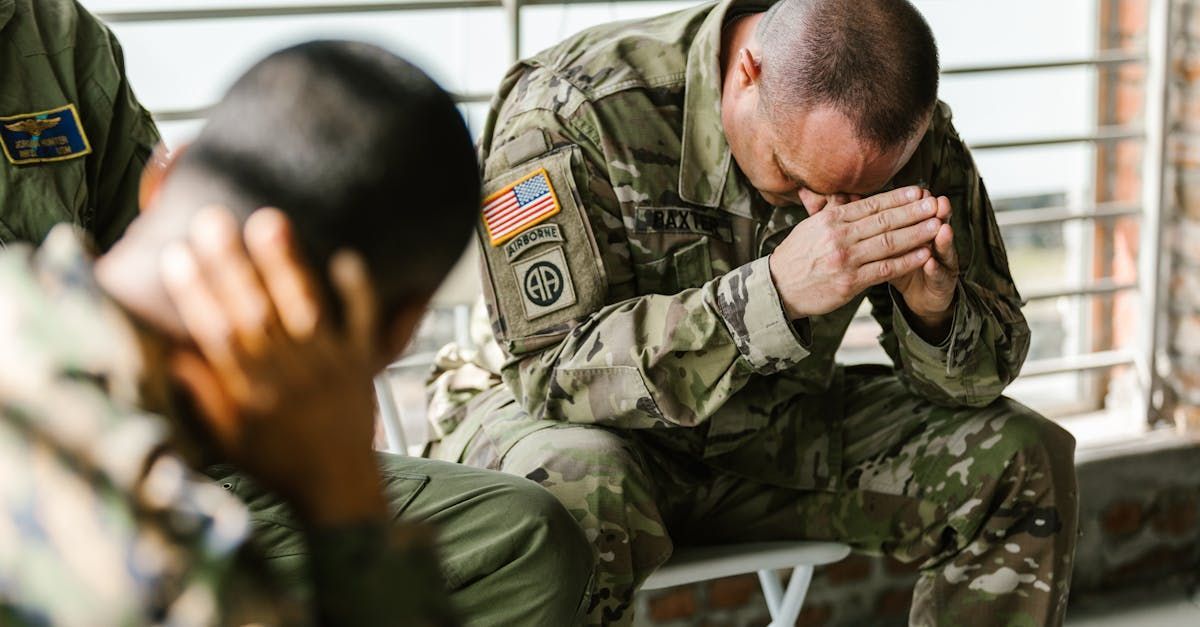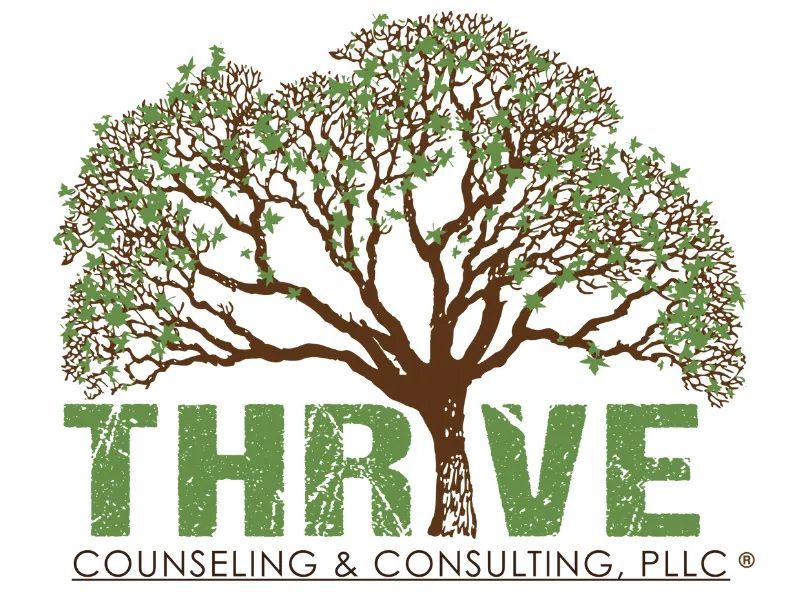PTSD Therapy
PTSD Therapy Services
for Apex, Asheville, Cary, Charlotte, Concord, Durham, Fayetteville, Fort Liberty, Greensboro, Greenville, High Point, Wilmington, and Winston-Salem, NC
PTSD, or post-traumatic stress disorder, is a mental health problem that develops after a person witnesses or experiences a traumatic life event. Normally, after a serious tragedy like a car accident, assault, or similar event, we experience negative effects like sleeplessness, anxiety, frustration, or depression. However, if the effects continue to last, we may be experiencing PTSD.
If you have been through a serious life-changing situation, it is important that you receive support through therapy focused on healing PTSD. Here at Thrive Counseling & Consulting, PLLC in Cary, NC & Fayetteville, NC, we are happy to offer PTSD therapy for our patients.

Signs & Symptoms of PTSD
Many people struggle with mental health conditions. The signs of PTSD can commonly be mistaken for another mental health condition. This is why it’s crucial to contact a counselor when you’re noticing signs of PTSD or another mental health condition. They will be able to properly diagnose the condition and design a PTSD therapy plan around your needs. Check out the following section to gain a better understanding of the signs and symptoms of PTSD.
Intrusive Memories
Memories of the traumatic event can come flushing back. In most cases, this happens even when individuals aren’t thinking of the event. These memories can occur during the day as flashbacks. During a flashback, it may seem like the horrific event is happening again for the very first time. The intrusive memories can also occur at night, during dreams or nightmares. This can cause extreme distress and the development of insomnia.
Avoidance
This is when an individual is attempting to not think or even talk about the traumatic event. Individuals with PTSD commonly avoid places, people, or activities that are associated with the event. This can cause people with PTSD to feel detached from the rest of the world.
Behavior Changes
Individuals with PTSD commonly struggle with behavior changes. These are called “arousal symptoms.” Some changes that may occur are irrational outbursts, feeling frightened, trouble sleeping, overwhelming guilt or shame, and poor concentration.
Mood Swings
Another common symptom people with PTSD struggle with are mood swings. People may feel hopeless, numb, suicidal, or bad about themselves. Individuals don’t find interest in activities they once loved. The mood swings can cause people to have low motivation to maintain any type of relationship with friends or family.
If you're struggling with any of these symptoms, turn to our counselors for quality PTSD therapy. We offer virtual therapy sessions for your convenience. Our therapists have years of experience helping individuals with PTSD in the Fayetteville, Cary, Apex, Greensboro, Fort Liberty, and Hope Mills, NC areas. We also have military counselors that specialize in treating PTSD patients who've experienced horrific war events. To learn more about PTSD therapy or to schedule a teletherapy counseling appointment, contact us.
Contact Our Office to Schedule an In-Person or Virtual Therapy Session
PTSD is treated in a variety of ways. Our certified therapists and counselors will work with you to create achievable goals for your personal healing process. We will work together as a team to tackle your individual difficulties. Even though it can be challenging to discuss this material, we are here to help guide you through it.
We're proud to help clients throughout Apex, Asheville, Cary, Charlotte, Concord, Durham, Fayetteville, Fort Liberty, Greensboro, Greenville, High Point, Wilmington, and Winston-Salem, NC. If you're in need of PTSD therapy, we invite you to contact our offices today to schedule an appointment. We also have teletherapy counseling options for your convenience.
In addition to our work with individuals, children, and couples, we also provide virtual therapy for law enforcement, first responders, veterans, and military members. Reach out today to learn more about accessing a personal first responder therapist or law enforcement counselor.

